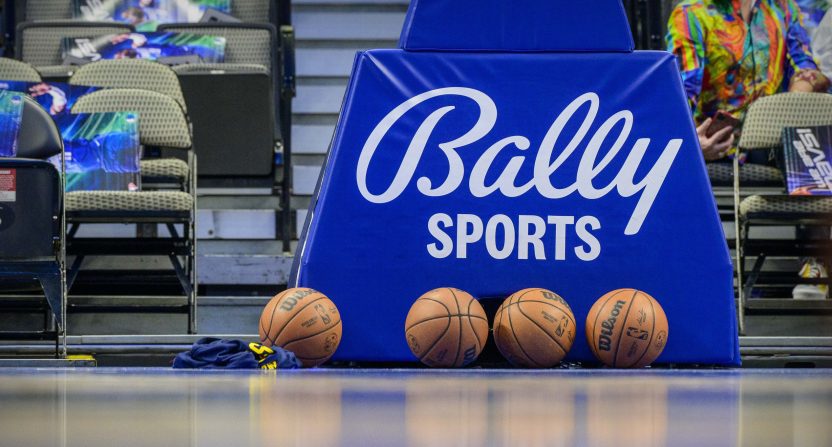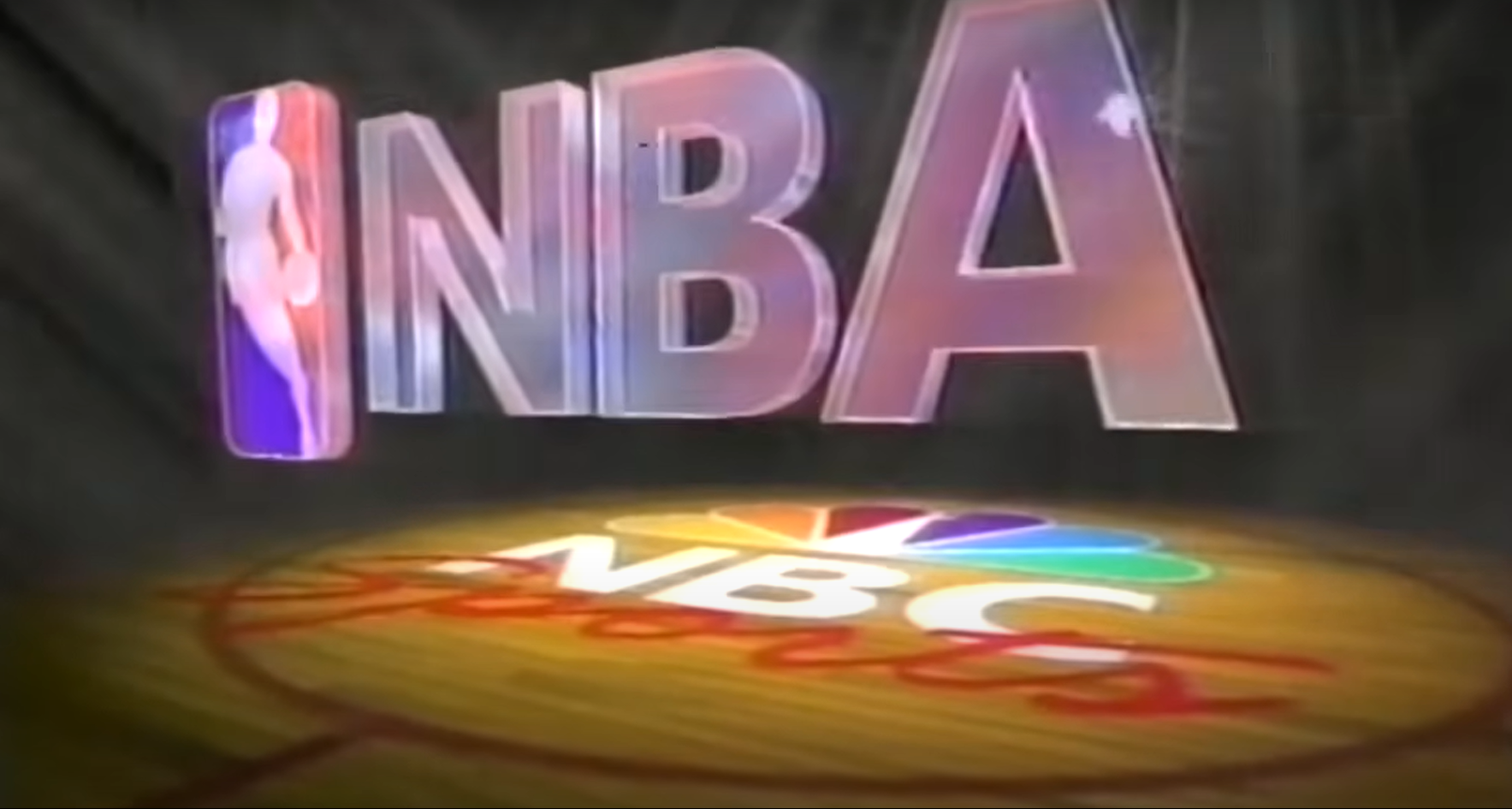The eight-month Diamond Sports Group Chapter 11 bankruptcy took a major step forward this afternoon with an agreement between the regional sports channel concern and the NBA, and indications the NHL is not far behind a similar pact. Even a lawyer for MLB, a thorn in the side of DSG since the bankruptcy process began, appeared optimistic during a status conference today in bankruptcy court.
The NBA agreement, and ones under negotiation with hockey and baseball, would guarantee continued DSG coverage through the end of the current season but then release those rights back to the league.
While the paperwork filed with the bankruptcy court did not disclose the financial terms of the basketball agreement–at least the unsealed filings–it almost certainly means the quid pro quo is the NBA agrees to lower rights fees than are contracted for in return for getting out of their deals with DSG, which operates the RSNs under the Bally Sports brand.
“The Debtors have reached agreement on modifications to their telecast rights agreements with the NBA and are continuing those discussions with the NHL,” DSG stated in a court filing(the debtors refer to Diamond). “The Debtors project that these modified agreements, together with the other agreements and transactions that are part of the Cooperation Agreement, will allow the Debtors to operate profitably through the 2023–24 Seasons.”
The NBA deal, which requires court approval affects 13 teams with Bally Sports deals: the Los Angeles Clippers, the New Orleans Pelicans, the Detroit Pistons, the Miami Heat, the Minnesota Timberwolves, the Cleveland Cavaliers, the Atlanta Hawks, the Oklahoma City Thunder, the Dallas Mavericks, the Charlotte Hornets, the Milwaukee Bucks, the San Antonio Spurs, and the Memphis Grizzlies.
DSG is asking the bankruptcy court to approve what is called a cooperation agreement. This is different from the plan of reorganization that would allow DSG to emerge from Chapter 11. The cooperation agreement is an interim step that is necessary to give the sports leagues confidence their games will remain on the air.
DSG filed for Chapter 11 in March, a victim of its parent company Sinclair’s debt-laden purchase of the RSNs and cord cutting. MLB, which is seeking to build its own local media operation, quickly tangled with DSG when it stopped paying fees to four clubs. Ultimately, DSG walked away from two clubs–the San Diego Padres and Arizona Diamondbacks–and the court ordered the company to pay all the teams it had under contract.
A lawyer for DSG told the court today that the company has communicated to MLB that it wishes to keep 10 of the 12 remaining teams for 2024, and deals could still be struck with the remaining two. He did not identify the two teams.
“The words we’re hearing today sound optimistic,” a lawyer for MLB told the court. “But we reserve all of our rights until we have a chance to look at the materials and understand exactly what’s being proposed with respect to major league baseball and its constituent clubs.”
MLB has wanted out of the DSG contracts for several years now, so today’s disclosures are a major boost. The league is developing a local media platform where it hopes games could be available in the same way as out-of-market contests are on MLB.TV.
The new paradigm means DSG would have no contracted media rights beyond the 2024 MLB season. What that means for the company at that point is uncertain, but clearly, it needed to do something dramatic to emerge from a plodding Chapter 11 case.
In addition to the 13 NBA teams and 12 MLB squads, DSG also has rights to roughly a dozen NHL franchises. Several teams that exited their RSN agreements have embraced a strategy of putting games on over the air and pairing that with a streaming option (the Utah Jazz and Phoenix Suns are examples). Those approaches currently do not reap as much revenue as the old RSN deals.
These developments today mean dozens of teams will be in the market in the next twelve months seeking new media platforms. There are many big market teams that own their own RSNs, and DSG has stakes in two of them: the Chicago Cubs and Marquee, and the New York Yankees and YES. According to the cooperation agreement, those stakes will be sold with the proceeds going to unsecured creditors.
The bankruptcy court still must approve the NBA agreement and subsequent ones with the NHL and MLB.






